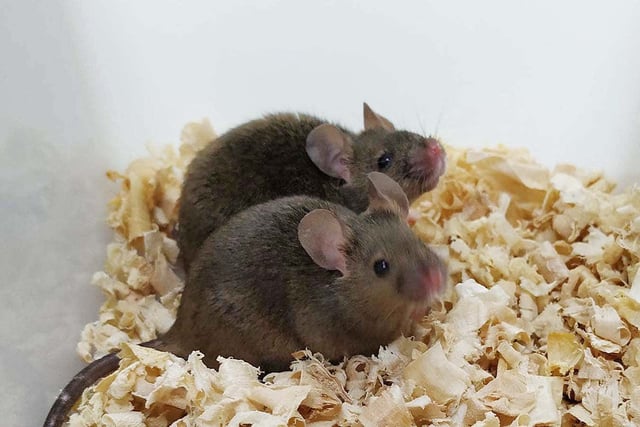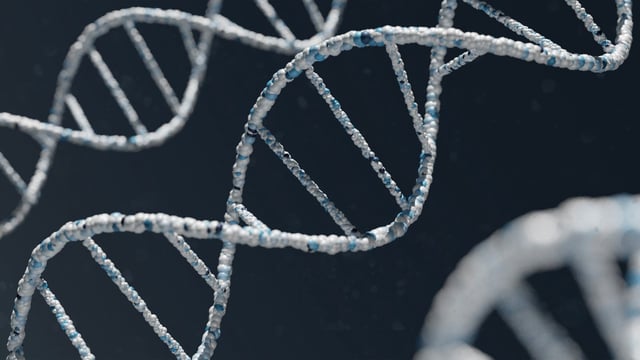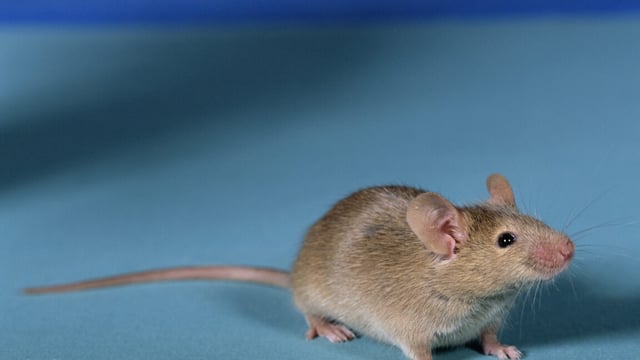Overview
- Researchers at Shanghai Jiao Tong University generated the first mice with two genetic fathers that reached adulthood and fathered their own litters
- The method involved combining two sperm nuclei in an enucleated egg and applying epigenome editing to reprogram methylation patterns
- Out of 259 edited embryos transferred to surrogate females, two male mice survived to maturity and each sired healthy offspring
- Because the approach modifies epigenetic marks rather than DNA sequences, it could in principle enable same-sex genetic parentage
- Scientists warn that human application remains impractical given the low efficiency, high egg and surrogate requirements, and species-specific imprinting challenges


